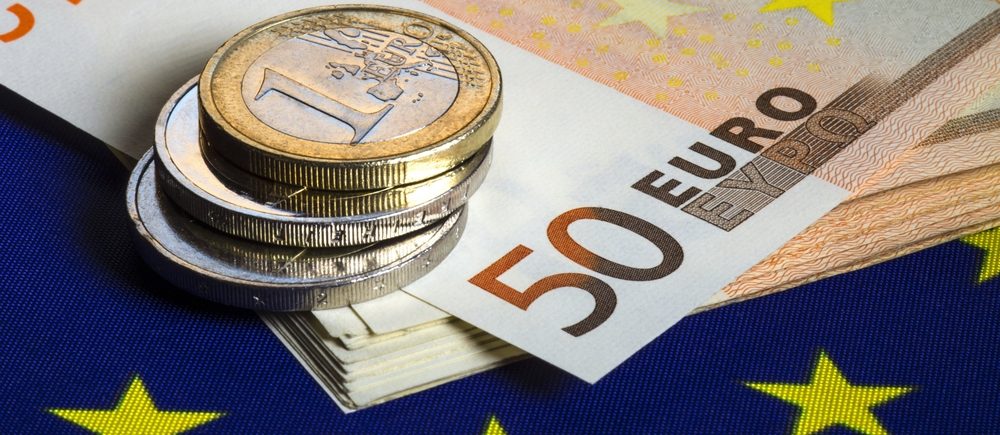Several calls, such as the one made by ECB board member Fabio Panetta to convert to smaller rate increases, have been made as a result of the lower-than-expected energy costs in Europe this winter.
The ECB’s board member appointed by Italy, Panetta, urged caution, claiming that the economy had not yet fully benefited from a string of rate increases that saw the institution raise rates by 300 basis points since July.
Additionally, Panetta cautioned that a “rapid” reduction in eurozone inflation this year to levels near the central bank’s objective of 2% was possible as a result of falling energy prices.
The ECB has increased interest rates by 3 percentage points since July 2022 and has indicated that it will do so again in March and again in May by an undefined amount. Its benchmark deposit rate is now 2.5 per cent.
However; the governing council’s doves are increasingly concerned that the pace of rate rises risks wiping out growth and exacerbating risks to the stability of the financial system. They are pushing for the central bank to switch to smaller rate rises, or pause tightening, in May and thereafter.
According to Panetta’s remarks, there are growing differences among the rate-setters over how much further borrowing costs should be raised in light of the recent drops in inflation.
From a peak of 10.6% in the fall to 8.5 in January, inflation has decreased. Core inflation, however, is still at a record-high level of 5.2%.
The governor of Spain’s central bank, Pablo Hernández de Cos, and other rate-makers believe that the core rate would likely decline as well in the upcoming months. In a speech earlier this week, he said the ECB had reached “a crossroads” from which point the downward pressure from falling gas and electricity prices will more than offset any residual upward pressure that is still to feed through from last year’s energy
Panetta said the ECB needed to move in a “non-mechanistic way” as he warned that “what we do not want is to drive like crazy at night with our headlights turned off”. Investors are pricing in a further rise in the ECB deposit rate to a peak of 3.5 per cent.
“I would agree with the flock of doves at the ECB that if it raises rates above 3.5 per cent then it would almost guarantee the economy slides into a deep recession without almost any benefit in terms of fighting inflation,” said Daleep Singh, chief economist at US investor PGIM Fixed Income.
Hawkish members of ECB’s governing council have urged it to keep increasing borrowing costs at a pace of half a point for several more months. Germany’s central bank president Joachim Nagel said in a speech last week that it would be a “cardinal sin” to stop raising rates too early because there was a “great danger” of inflation staying too high.
Other central banks, including the US Federal Reserve, have slowed the pace of rate rises to a quarter point on signs that inflationary pressures are dissipating.
“The cost of going too high could be greater in the euro area because of the way the economy is functioning,” Panetta said, pointing out that the bloc’s economy was less dynamic than the US. If the Fed raised rates too high it could “easily adjust” without causing too much damage to growth because of the greater strength of its underlying economy, he added.

Eurozone
 Noor Trends News, Technical Analysis, Educational Tools and Recommendations
Noor Trends News, Technical Analysis, Educational Tools and Recommendations




